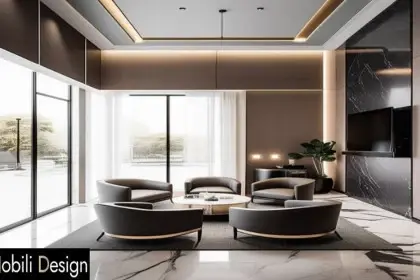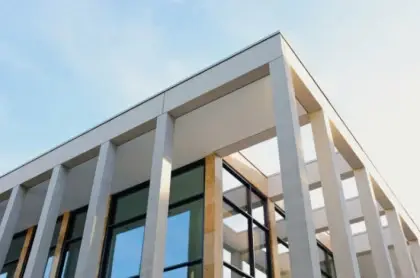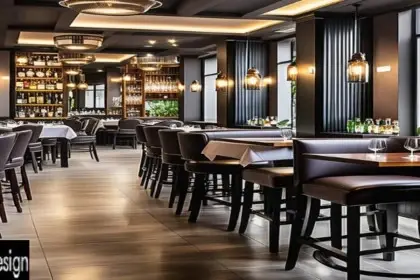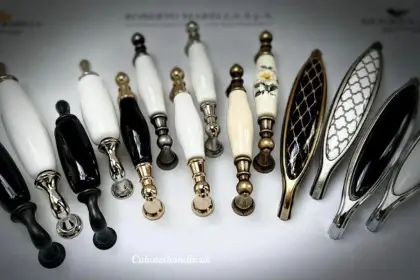
6 Benefits of Tempered Glass
Tempered glass is among the most popular options you'll likely find in nearly every house window, car window, shower door, and more. During the tempering process, the glass is heated and then cooled under specific conditions to alter its composition and attain strength. This procedure leaves the interior glass surface in a tension state and the outer surface in a compression state. Investing in tempered glass comes with multiple rewards. Discussed below are six benefits of tempered glass.
More info on: vanisleglass.com
Versatile applications
Thanks to its strength and safety, tempered glass has multiple uses, including:
Sports arena applications: Tempered glass panels are used on hockey rinks because they don't shatter when knocked into Kitchen appliances: This type of glass is used in kitchen appliances that handle significant heat amounts, like ovens and stoves
Construction: In buildings, tempered glass has multiple applications, such as facades, envelopes, bathtub enclosures, and shower doors. They can also be used in windows, sliding doors, skylights, and more.
Tabletops and countertops: Since tempered glass can resist scratches and withstand heat, it's suitable for kitchen countertops, coffee tables, conference tables, and kinds of furniture.
Automotive parts: Tempered glass is used in most vehicle windows and windshields.
Office partitions: Office building room dividers are usually made using tempered glass to ensure no injury occurs when someone accidentally bumps into the glass and breaks it.
Depending on what you need tempered glass for, visiting industry experts such as vanisleglass.com can help you find prime-quality tempered glass that resonates with your needs.
Heat resistant
Annealed glass is highly susceptible to thermal breakage due to heat from direct sunlight or other heat sources that cause it to contract and expand at various rates. However, tempered glass can resist high temperatures thanks to its outstanding thermal strength. Its ability to withstand heat makes it suitable for use in applications where glass will be exposed to high temperatures, like fireplace enclosures, ovens, and stoves.
Strength and safety
Tempered glass is known as safety glass because it's several times sturdier than regular glass of equal thickness and size. This means it can take a harder hit than standard glass without the risk of breaking and is less susceptible to shattering. Since tempered glass is heat-resistant, it can handle unexpected temperature changes without breaking or cracking. When tempered glass breaks, it shatters into tiny, rounded pieces rather than sharp shards, reducing the possibility of causing injuries.
Durable
Unlike standard glass, tempered glass is highly durable and can resist daily wear and tear. It's also less prone to shattering and breakage. Thanks to its sturdy nature, the glass can withstand repeated thermal and physical stresses, which makes it a lasting solution for different industrial and architectural needs. Tempered glass's durability significantly contributes to the structural integrity of whatever it's used on.
Scratch resistant
The thermal process that helps strengthen tempered glass makes it resistant to scratches as well. It also helps preserve the glass's transparency while letting it withstand wear and tear from daily use. The scratch-resistant nature of tempered glass makes it perfect for glass doors, phone or computer screens, and car windows.
Customization options
Tempered glass is highly customizable, meaning it can be cut in any size, shape, and thickness range. You can also have your glass customized to your specific style, corner finishings, aesthetics, and edging needs.
Endnote
Thanks to its strength and durability, tempered glass offers many rewards. Consider investing in tempered glass to reap these benefits.
Reviews:
Be the first to write a review
Use the form below to leave a review








